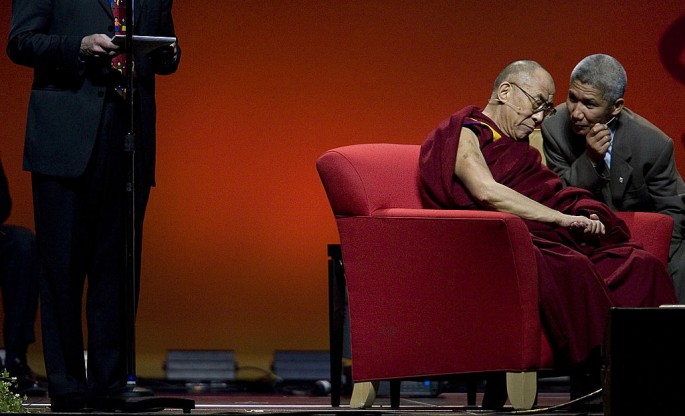Baidu’s Translate app has been making waves in China since its release last month, according to an article by China Daily. It's a useful and practical app, but the topic has shifted to whether or not it will render translating jobs obsolete.
"The Baidu Translate app can recognize text, voices and even pictures. For example, travelers can take a photo of the menu and the app will read the menu and do the translation," said Wang Haifeng, Baidu's vice president, in an interview with China Daily.
Just recently, the Baidu Translate app won a top national science award for making advancements in automated translations.
"It earned the honor for its technological merit and social significance," Wang said.
Wang, along with his research team, worked on the app for the past six years. The software can recognize and translate 27 languages and is being used by 500 million users worldwide. It receives over 100 million translation requirements daily.
And it doesn't stop there. Wang and his team are constantly working on improvements, with an average of 11 days to launch a new language.
"We collect bilingual data on the Internet, the computer will then study the data automatically and form translation models accordingly," Wang said.
However, people wonder if automated translations will make translating jobs useless.
For Zou Tingfang, an interpreter in the legal field, automated translations will have a hard time beating translators.
"I use software when doing translations, but I never use it when interpreting. Machines still have many limits," Zou said.
"Language, especially when spoken, is lively and dynamic. Machines cannot handle changes as adequately as human beings," she said. "For example, when interpreting, one word can have more than ten meanings depending on the occasion. Machines still cannot precisely distinguish different context."
Zhou Min, an English instructor from Nanchang University, agrees.
"I am a frequent user of machine translations. The convenience is undeniable, but a machine is a machine. It cannot respond to variations adequately, since it lacks the flexibility of a human brain," Zhou said.
As for Wang Haifeng, he believes that automated translators and their human counterparts can complement each other.
"A good translation system can master dozens of languages and jargon in different fields, but good translations can better convey the exquisite beauty of language," Wang said.



























